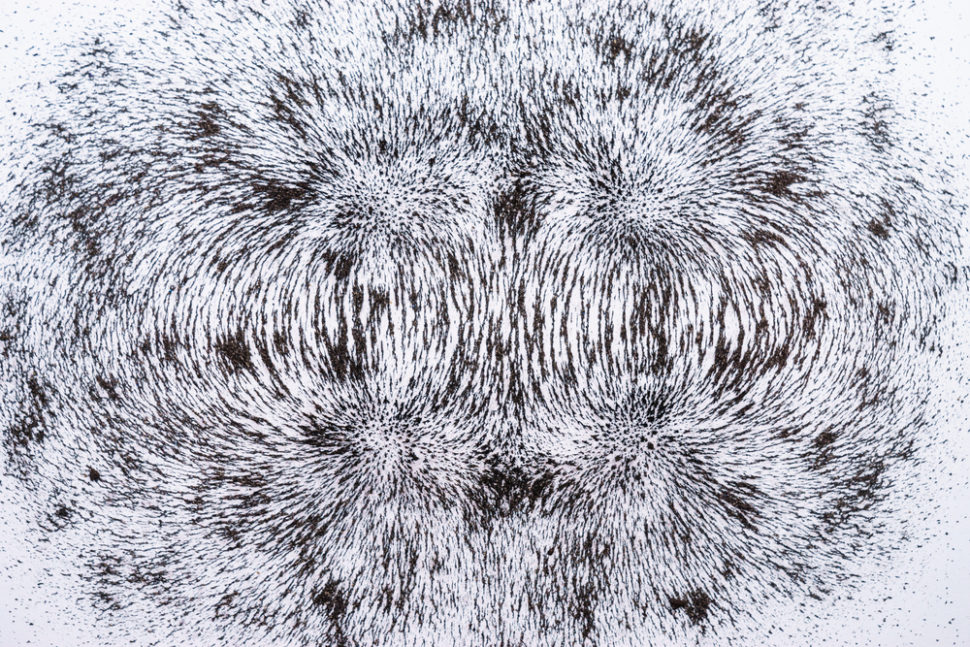The idea of sensing magnetic fields may seem like something from X-men. But, it’s not new.
Many animals, including sea turtles and migratory birds, can sense the Earth’s magnetic field – a trait known as magnetoreception. Found in both vertebrates and invertebrates, magnetoreception has been around for a long time. However, researchers have never been able to prove that humans have this ability, until now.
In an experiment published in the Journal eNeuro, the scientists recorded an apparent response to magnetic field changes in humans for the first time.
How the Researchers Discovered Our Inner Magneto
To prove that the human brain is capable of magnetoreception, the researchers conducted an elaborate experiment. It included an enclosed chamber where the scientists generated shifting magnetic fields while looking at the participant’s brain scans.

That was when they made the exciting discovery. The researchers noted that as the magnetic field changed directions, the electrical activity in some of the participants’ brain shifted as well. Yes, it sounds a lot like a mutant power.
There’s just one thing; the participants were not aware of this power. According to the researchers, the respondents didn’t know that their brains were responding to a stimulated shift in the plant’s magnetic pole.
This raised two essential questions; does the ability have any behavioral or physiological implication?
More importantly, how does magnetoreception work in humans?
Sensing Magnetic Fields; A Vestigial Ability From Genetic Ancestors
The study did not explain how the ability works. However, the researchers hypothesized that magnetoreception in humans might be a remnant of vestigial abilities from our genetic ancestors.
One of the researchers, Caltech geophysicist, Joseph Kirschvink, suggests that brain cells contain tiny magnetic crystals.
In a statement to Gizmodo, Kirschvink said:
“We are saying that human neurophysiology evolved with a magnetometer — most likely based on magnetite — and the brain has extensive software to process the signals.”
The researchers intend to investigate further to determine if magnetoreception influences other behaviors or abilities such as Spatial orientation.














Comments (0)
Most Recent